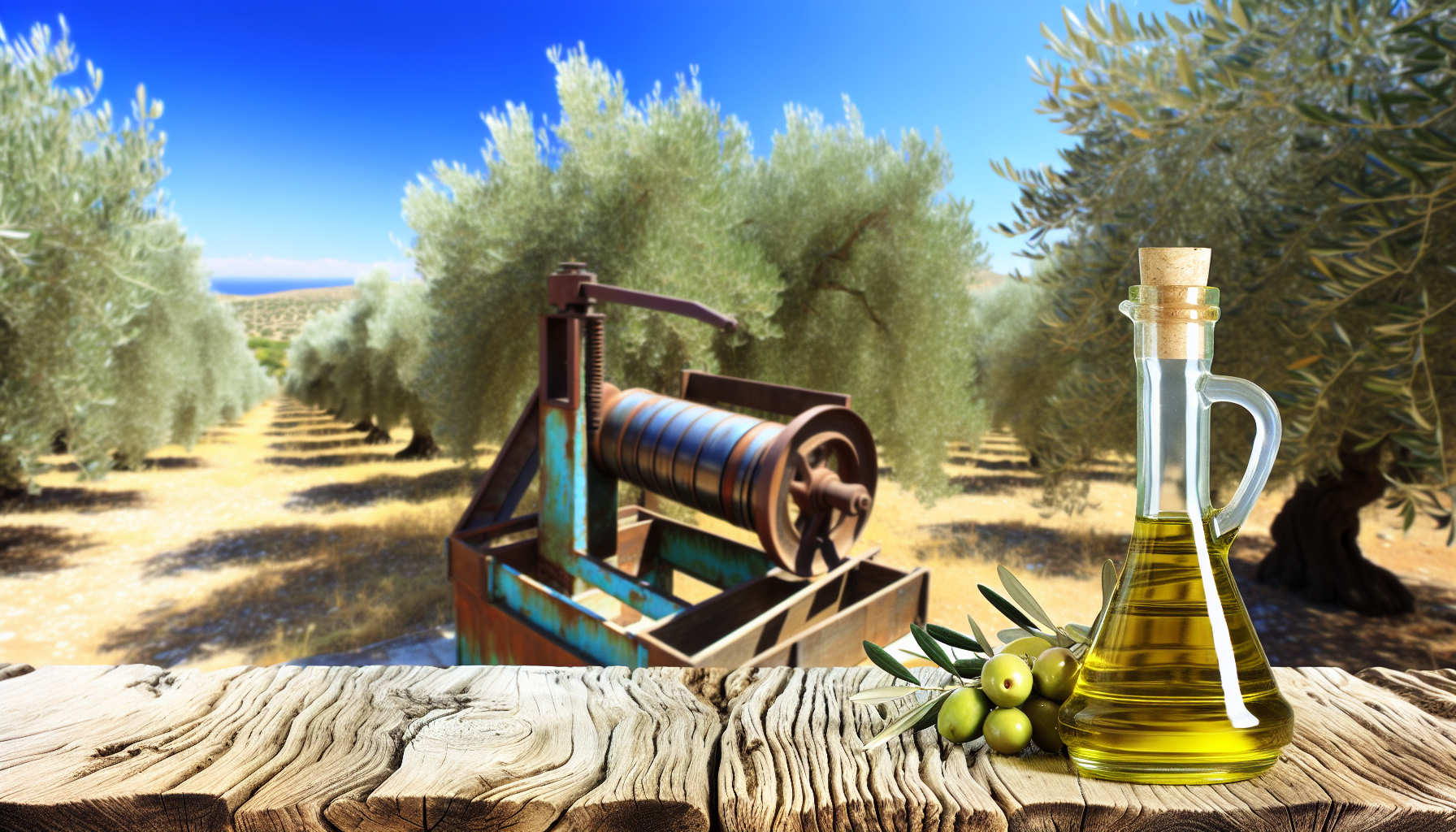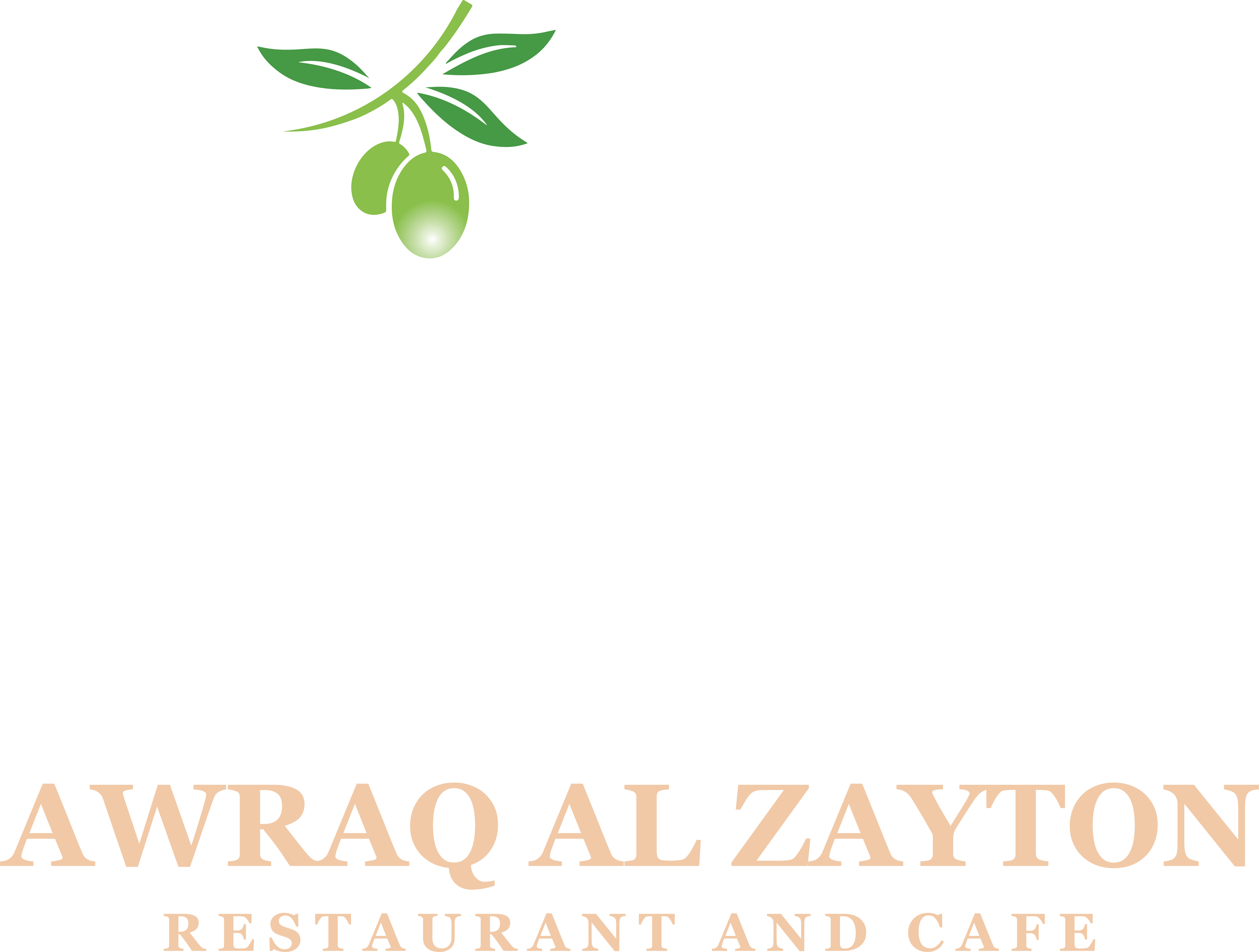
Olive oil, the liquid gold of the Mediterranean, carries not only health benefits but also a rich history and cultural significance. This article delves into the advantages of incorporating olive oil into diets, its historical roots, its culinary importance, and symbolic meanings while offering insights on its production process.
The History of Olive Oil
Olive oil, often heralded as liquid gold, is more than just a cooking ingredient; it is a pivotal element of Mediterranean cuisine, defined by its versatility and rich flavor profile. This oil has been integral to the culinary traditions of nations bordering the Mediterranean Sea, giving rise to a diet that is both flavorful and healthful. In the Mediterranean diet, olive oil is not merely a fat source; it is an artisan ingredient that embodies the essence of the land and culture, wonderfully showcasing the role of fresh and vibrant ingredients inherent to this region.
Olive oil serves as the foundation for countless traditional dishes, amplifying flavors and adding depth to a wide array of ingredients. It is the base for salad dressings, allowing fresh vegetables to shine, and acts as a finishing touch for grains and legumes, instilling them with a richness that enhances every bite. Take, for instance, the classic Mediterranean salad—known for its simplicity. Drizzled with high-quality extra virgin olive oil, the salad’s medley of tomatoes, cucumbers, olives, and feta cheese acquires an unparalleled level of complexity, turning the meal into an experience that delights the palate while also being nourishing.
Beyond salads, olive oil finds its way into celebratory dishes, such as hummus, bruschetta, and paella, each infused with its unique regional twist. In Italy, for example, olive oil is an integral component of the famed bruschetta, where toasted bread is topped with fresh tomatoes, basil, and a generous drizzle of extra virgin olive oil. In Spain, it is the base for gazpacho, providing a luscious mouthfeel and marrying the flavors of fresh vegetables in this chilled soup. The versatility of olive oil expands to cooking and baking where it can be used in sautéing vegetables, roasting meats, and even in the making of pastries.
In Mediterranean cuisine, the use of olive oil is not limited to mere flavor enhancement. It also brings health benefits to the table, distinguishing itself as a healthier fat option among various oils. Rich in monounsaturated fats and antioxidants, olive oil is often credited with promoting heart health and lowering the risk of chronic diseases. Studies have indicated that those who adhere to a Mediterranean diet—characterized by high olive oil intake—often enjoy lower rates of cardiovascular disease and improved longevity. This healthy fat has been embraced by home cooks as well as renowned chefs, who appreciate not just its health benefits but its ability to elevate dishes through its flavor profile.
The preparation methods within Mediterranean cultures are steeped in history and tradition, often incorporating olive oil at every stage. Traditional techniques such as cold pressing, a method used to extract oil while preserving the olive’s natural flavor and health benefits, are highly regarded. Cold-pressed olive oil retains valuable phenolic compounds and vital nutrients that could be lost in other extraction methods. The importance of quality is paramount here, as the oil must be fresh and appropriately stored to maintain its flavor and health-giving qualities.
Moreover, olive oil is often regarded as a communal ingredient, fostering a sense of togetherness. Sharing dishes drizzled with olive oil embodies the Mediterranean spirit of hospitality, where meals are enjoyed in company, allowing for connection and a shared appreciation of what the earth provides. The ceremony of breaking bread is often accompanied by a bowl of olive oil for dipping, allowing the oil to shine in its simplicity while accompanying various breads, enhancing the culinary experience.
Beyond its everyday uses, olive oil also finds significance in regional festivals and culinary competitions, celebrating its indispensable role in local traditions. In countries such as Greece and Italy, annual olive oil festivals showcase the finest offerings from local producers, elevating awareness about the quality of regional varieties and fostering community respect for the labor-intensive process involved in olive cultivation and oil production.
Culturally, olive oil is woven into the fabric of Mediterranean life. It is often associated with rituals, from the lighting of lamps in ancient times to signify hope, to its use in modern cooking as an essential element of festivities. The oil has traditionally been viewed as a sacred substance, often mentioned in ancient texts as a symbol of peace and prosperity. This rich cultural significance is evident through its portrayal in art, literature, and religion, where olive oil is associated with divine qualities.
The emergence of extra virgin olive oil (EVOO) as a standard is a testament to the evolving landscape of culinary excellence. High-quality EVOO is characterized by its low acidity and robust flavor profile, leading to its status as a preferred choice in the culinary world. It is often the centerpiece of tasting menus in gourmet restaurants, where chefs use its unique flavor to anchor complex dishes, from drizzles on desserts to infusions in sauces.
The production of olive oil is as storied as its integration into culinary practices. Understanding the journey from olive tree to table provides insight into the care and craft behind each bottle. Harvesting olives typically takes place in the autumn, followed by a meticulous selection process that ensures only the finest olives are chosen. Following their selection, olives are washed, crushed, and the oil is extracted through mechanical processes, keeping the traditional emphasis on minimal processing to preserve taste and health benefits.
As the Mediterranean diet continues to influence modern cooking and lifestyle choices globally, the appreciation for olive oil continues to grow, paving the way for innovative culinary applications while respecting the heritage that has shaped its journey. The marriage of flavors, health benefits, and cultural value inherent to olive oil makes it an unyielding component of Mediterranean cuisine and a cherished staple in kitchens around the world.
The Culinary Role of Olive Oil in Mediterranean Cuisine
Olive oil is much more than a mere ingredient; it is a cornerstone of Mediterranean cuisine and culture, profoundly shaping the culinary traditions of countries that hug the Mediterranean Sea. Its complexity, both in flavor and health benefits, elevates not just the quality of meals but the entire dining experience. This liquid gold finds itself as an irreplaceable player in a multitude of famous dishes, enhancing the flavor profiles of Greek tzatziki, Italian bruschetta, and Spanish gazpacho among countless others. Its versatility allows for a seamless transition from ingredient to condiment, seamlessly fitting into various culinary expressions.
One of the most celebrated and traditional uses of olive oil within the Mediterranean diet is its pairing with bread. Picture a crisp slice of fresh, warm bread served with a small dish of high-quality extra virgin olive oil, perhaps infused with herbs or accompanied by coarse sea salt. This simple yet exquisite combination offers a sensory experience that captures the essence of Mediterranean hospitality. The olive oil’s richness complements the texture of the bread, creating a harmonious balance that accentuates the natural flavors of both.
Olive oil is not merely a background player in dishes but often takes center stage, as seen in vibrant salads characterized by fresh vegetables. In Greek salad, for instance, olive oil transforms a combination of tomatoes, cucumbers, feta cheese, and olives into a refreshing mosaic of textures and flavors. The oil not only enhances the salad but serves as the dressing, providing a luscious mouthfeel while aiding in the absorption of the nutrients from the vegetables. Similarly, in Italian cuisine, a drizzle of good quality olive oil enhances the taste of Caprese salad, allowing the freshness of the basil and the creaminess of mozzarella to shine.
Beyond salads, olive oil plays a significant role in sautéing and roasting. The high smoke point of extra virgin olive oil makes it suitable for various cooking techniques, including stir-frying vegetables or marinating meats. In Spanish cuisine, olive oil is the foundation of many traditional dishes, such as paella, where it contributes to the dish’s rich flavor and characteristic aroma. Notably, it is often used as a base for making sofrito, a flavor-infusing sauté of onions, garlic, and tomatoes that serves as the foundation for countless Mediterranean recipes.
The culinary benefits of olive oil are intertwined with its status as a healthy fat source. The Mediterranean diet, which is rich in fruits, vegetables, whole grains, and lean proteins, heavily features olive oil as a primary source of fat. Research continues to support the diet’s heart-healthy attributes; olive oil is associated with reduced risk factors for cardiovascular diseases, largely due to its high content of monounsaturated fats and antioxidants. Additionally, the presence of polyphenols in extra virgin olive oil contributes further to its anti-inflammatory and antioxidant properties, making it an important dietary fat that fosters overall well-being.
Traditionally, the preparation of dishes with olive oil adheres to age-old methods that hold significant cultural importance. In many Mediterranean households, cooking is a communal activity, and olive oil is often at the heart of these culinary gatherings. Families preserve recipes that have been passed down through generations, each formulation carefully incorporating olive oil in specific ways, whether for flavor or as a preservative. This ritual of cooking with olive oil brings people together, forging bonds over delicious food while cultivating a deep appreciation for the ingredients and methods that shape their culinary heritage.
In addition to its indispensable role in cooking, olive oil’s versatility extends to its use in various dips and spreads. Classics like hummus benefit from a healthy pour of olive oil, which not only adds flavor but also provides the creamy texture that makes these dishes satisfying. The rich green color and smooth consistency of olive oil accentuate spreads like tapenade, as well, inviting diners to experience layers of flavor. Many regions have their unique ways of integrating olive oil into their culinary repertoire, enhancing a sense of regional identity and local pride.
The symbolic significance of olive oil extends beyond its delicious capabilities. In many Mediterranean cultures, olive oil symbolizes purity, peace, and prosperity. Its presence on the table often indicates celebration and connection, underscoring its importance in rituals and everyday life. The act of sharing a meal drizzled with olive oil can imply a form of trust and companionship, illustrating the age-old tradition of welcoming guests with warmth and hospitality.
In understanding why olive oil has maintained its revered status across cultures, it becomes clear that it extends beyond basic nutrition to embody a rich tapestry of culinary traditions, health benefits, and social significance. Despite advances in culinary trends and cooking methods, the tradition of using olive oil endures, consistently intertwining with the cultural narratives of the Mediterranean people. Its multifaceted role in cuisine encapsulates the spirit of community, simplicity, and healthfulness that lies at the heart of Mediterranean cooking.
As we transition from the culinary wonders of olive oil to its essential symbolism and production processes, we discover a deeper appreciation for this treasured ingredient that nourishes not only the body but also the cultural identity of those who use it. The journey from an olive on a branch to the golden oil in a bottle is steeped in history, craftsmanship, and care, drawing parallels between the oil’s cultural significance and the health benefits it offers. This exploration enriches our understanding, inviting us to embrace olive oil as a cherished component of our kitchens and our lives.
The Symbolism and Production of Olive Oil
The olive tree, revered for its resilience and longevity, embodies rich symbolism across numerous cultures. Often associated with peace, renewal, and prosperity, the olive tree has roots that stretch deep into human history, dating back to ancient civilizations such as the Greeks and the Romans, who cherished both the tree and its fruit. The olive branch is famously recognized as a symbol of peace, a gesture of goodwill that has transcended generations. This cultural significance enhances the appreciation for olive oil, which not only serves culinary purposes but also reflects a deep-rooted heritage that spans thousands of years.
The journey from olive to oil is an intricate process, one that has remained remarkably consistent throughout history. The first step in producing olive oil involves harvesting the olives, typically done by hand or with the aid of mechanical shakers that gently rattle the branches, releasing the fruit. Farmers aim for olives harvested at the right maturity, as the timing greatly impacts flavor and oil quality. Once picked, the olives are transported to a mill where they undergo immediate processing to prevent fermentation, ensuring the oil maintains its optimal taste and health benefits.
At the mill, the olives are washed to remove impurities before being crushed into a coarse paste. Traditional methods utilized stone mills, while modern mills often employ steel rollers. This paste is then mixed for a short period—a process known as malaxation—which allows the tiny oil droplets to coalesce, increasing the yield during extraction. Following malaxation, the mixture is subjected to pressing, which traditionally involved hydraulic presses. Today, many producers utilize centrifugal systems that separate the oil from the pomace (the solid remains of the olives). This method is efficient and helps preserve the oil’s delicate flavors and nutrients.
Once extracted, the oil is typically stored in stainless steel tanks to minimize exposure to light and air, both of which can degrade quality. After settling, olive oil undergoes filtration, which further removes any remaining solids, resulting in a clear and vibrant final product. True olive oil aficionados recognize extra virgin olive oil (EVOO) as the highest quality available. To earn the title of “extra virgin,” the oil must be obtained from the first pressing of the olives, without the use of heat or chemicals, and must have an acidity level of less than 0.8%. Additionally, it must pass sensory evaluations conducted by certified tasters to ensure it meets standards of flavor and aroma.
Extra virgin olive oil’s production process ensures it retains a high concentration of beneficial compounds, including polyphenols, oleic acid, and antioxidants, which contribute heavily to its health benefits. Not only does it serve as a heart-healthy fat, but studies suggest a range of advantages associated with its consumption. Research indicates that a diet enriched with extra virgin olive oil may aid in the reduction of inflammation and lower the risk of chronic illnesses, such as heart disease and certain types of cancer. The Mediterranean diet, which places heavy emphasis on the use of olive oil, has long been linked to longevity and overall well-being, attributed in part to its wealth of monounsaturated fats that promote healthy cholesterol levels.
The health benefits of olive oil extend to promoting brain health as well. Consuming EVOO is associated with improved cognitive function and a lower risk of neurodegenerative diseases, such as Alzheimer’s. The antioxidants present in high-quality extra virgin olive oil play a critical role in combating oxidative stress, which can lead to cellular damage over time. These effects may contribute to the so-called “Mediterranean paradox,” where populations consuming a traditional Mediterranean diet experience lower rates of cardiovascular disease despite high dietary fat intake.
Beyond its culinary and health values, olive oil also carries a legacy of traditional uses that demonstrate its multifunctionality. In the past, it was not uncommon for olive oil to be employed in medicinal practices, serving as a topical treatment for wounds due to its antimicrobial properties and ability to enhance skin hydration. Even today, this oil is a key ingredient in cosmetic products, particularly for skincare, as it nourishes and rejuvenates the skin. Its rich antioxidant profile helps protect against aging and environmental damage.
The symbolism of the olive tree transcends its practical applications. In various cultures, the tree signifies more than just a source of sustenance; it represents resilience and stability, standing tall through harsh conditions. In artwork, literature, and religious texts, the olive and its oil often symbolize divine blessings and prosperity. For instance, in Greek mythology, the olive tree was a gift from Athena to the people of Athens, embodying peace and prosperity for the city. Such allegorical references contribute to a reverence for olive oil that extends well beyond its flavors and health benefits.
With this rich heritage and multifaceted roles, olive oil encapsulates a legacy that is both culinary and symbolic. As consumers become increasingly conscientious about their food choices, the importance of understanding the origins and production processes behind olive oil cannot be overstated. It is a testament to ancient traditions and modern practices, where the oil remains a coveted staple in kitchens worldwide, celebrated not only for its taste but also for its rich, unwavering symbolism of peace, prosperity, and health.
Conclusions
In conclusion, olive oil is far more than a kitchen staple; it is a deeply embedded aspect of Mediterranean culture and cuisine. Its numerous health benefits, historical significance, and unique production methods make it a truly remarkable ingredient. Embracing olive oil not only enriches our meals but also connects us to centuries of tradition.

